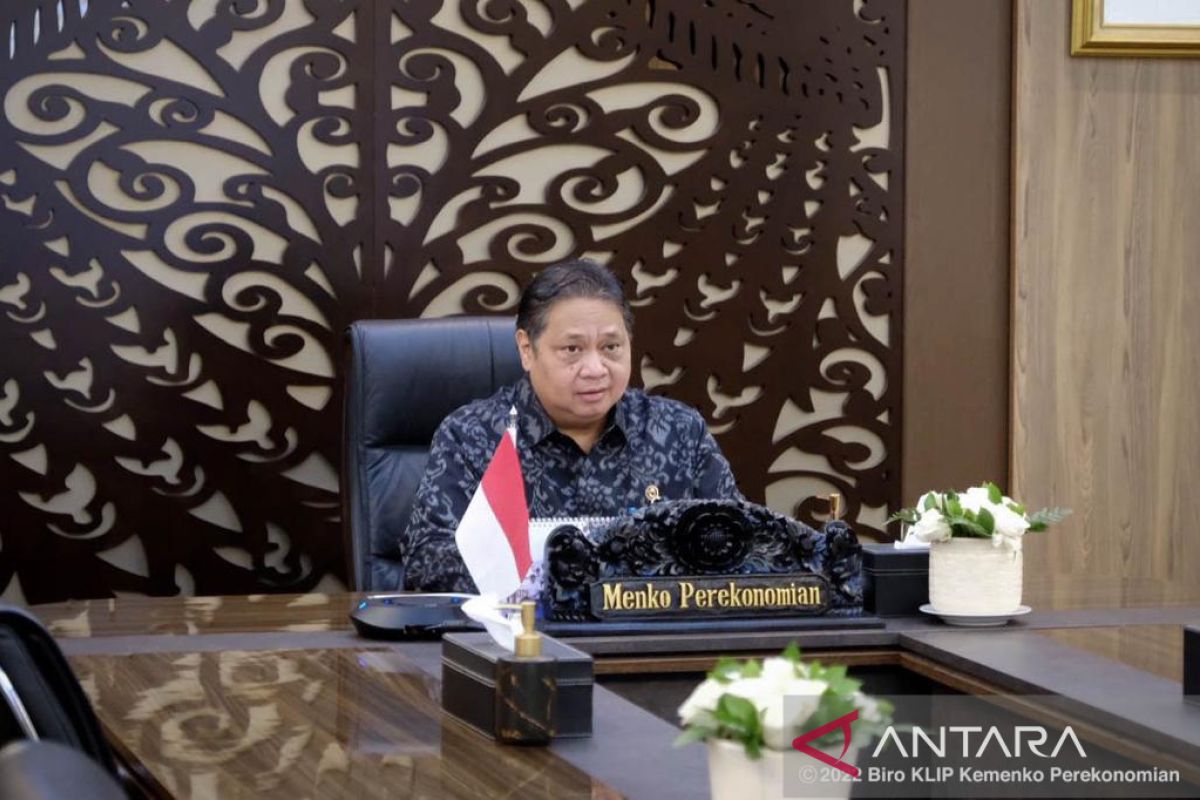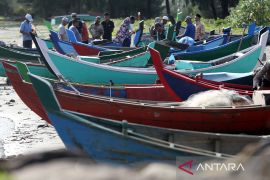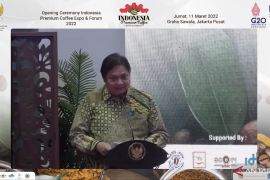Jakarta (ANTARA) - During its G20 Presidency, Indonesia is seeking to encourage improvement in the agricultural sector through technology exchange, research cooperation, and trade transactions, Coordinating Minister for Economic Affairs, Airlangga Hartarto, has said.
"It is important for us to exchange technology in the agricultural sector through employee exchange between G20 countries and research cooperation," Hartarto highlighted during a webinar on the food sector organized by The Iconomics on Wednesday.
He emphasized that it is necessary to optimize the role of the public and private sector in agriculture to prepare food technology support in the form of representative offices in G20 countries.
"In addition, trade transaction cooperation is also carried out by facilitating export permits for micro, small, and medium enterprises (MSMEs) and agricultural products as gateways and bilateral cooperation that can facilitate various fiscal reliefs," he noted.
The government is continuing to support and encourage national food security, while still paying attention to the welfare of farmers for maintaining price stability at the consumer level, he said. The agricultural sector plays an important role in food security, mainly by ensuring the availability, affordability, safety, and quality of food.
Related news: Food security must remain central issue for G20: Agriculture Minister
Hartarto informed that throughout 2021, the agricultural sector served as a source of economic support that was able to grow positively at the level of 1.84 percent. Entering January 2022, the Farmer's Exchange Rate (NTP) also increased at 108.67.
Through policy aspects, the government is continuing to simplify licensing, establish a National Food Agency, set up State-Owned Enterprises (SOEs) holdings for food through ID FOOD, and SOEs synergy.
"Various policies and food security programs will continue to be pushed by the government. We expect the agricultural sector to grow between 3.6–4.0 percent in 2022," the minister informed.
Furthermore, Hartarto said that the food sector will continue to be supported by farmers’ and fishermen corporations, the Food Estate Program, agricultural clusters, and urban farming.
"It is also important to encourage the supply chain and food distribution system. For the consumption aspect, policies such as food diversification are also carried out to reduce food waste," he added.
As for Food SOEs, Hartarto said he hopes that they can transform their business and focus on developing their scale and value chain so that core commodities such as rice, corn, sugar, fish, salt, poultry, and beef can be easily accessed.
“Food SOEs need to continue to be active in empowering MSMEs through the Food Stall Program. The Food Stall Program is expected to facilitate the availability of food products at affordable prices," he noted.
Related news: Use G20 momentum to boost youth interest in agriculture: CIPS
Related news: Leading G20 to realize global food security










